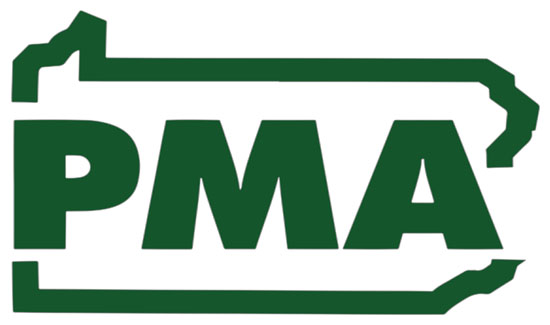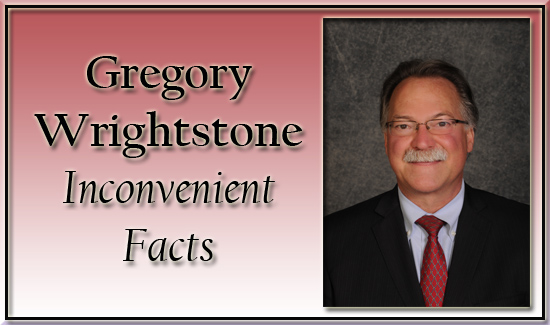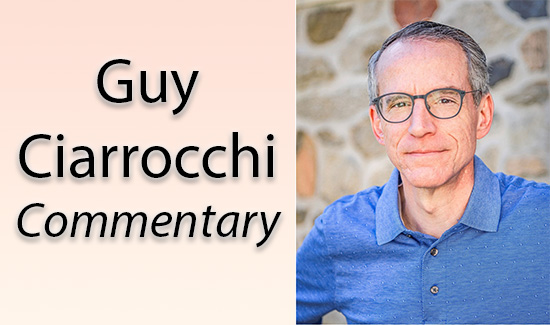PMA Bulletin: PA Budget Moves Forward, Governor Strikes Scholarship Funding

Over a month late, the fractured budget process in Harrisburg lurched forward last week with the Senate sending Gov. Josh Shapiro funding for K-12 public schools and other core government services. The governor quickly signed it, but line-item-vetoed a $100 million scholarship program for students trapped in Pennsylvania’s lowest-performing public schools.
However, this is only the beginning of the next phase of negotiations as Senate President Pro Tempore Kim Ward (R-Westmoreland) noted that nearly $1.1 billion from the General Appropriations Budget requires legislative language for implementation, including a transfer from the Rainy Day Fund. Ward said Gov. Shapiro had given the Senate majority “the necessary assurances to guarantee the monies for those programs will remain untouched” until that language is approved by the General Assembly.
At a press conference following the approval of the $45.55 billion spending plan, Majority Leader Joe Pittman (R-Indiana) and Appropriations Chair Scott Martin (R-Lancaster) noted that the budget spends $400 million less than the governor initially proposed.
“Today’s action will ensure critical state funding can be distributed to counties, schools, service providers and other key programs throughout the state,” Martin said. “Our goal remains to complete a fiscally responsible budget without creating disruptions in the lives of the people we represent.”
Even though the state Treasury seems to have ample funds including federal Covid relief funds and higher-than-anticipated tax receipts, this moment is temporary and state government spending must be watched carefully. The one-time federal funding injection is disappearing rapidly, PMA President & CEO David N. Taylor wrote in a recent commentary on the budget.
“…the ensuing federal relief dollars have been a siren song, lulling many states, including Pennsylvania, into enacting record budgets,” Taylor said. “In 2021, flush with billions in federal aid and higher-than-expected tax collections, then-Governor Tom Wolf presented a budget proposal that hiked spending 11% year-over-year. As these budget measures get baked into the baseline, spending continues its seemingly unstoppable ascent—to the tune of more than $45 billion this year. The Independent Fiscal Office (IFO) projects that even under exceedingly optimistic conditions, our state will routinely spend more than it brings in and without new revenue or spending cuts, the state will spend through Pennsylvania’s $12 billion surplus by 2027.”
The House, for its part, is up against a new political dynamic – a recent resignation on the Democratic side has the parties locked at 101-101. House Members are now scheduled to return September 26, with Senate members scheduled for September 18. But both could return earlier if further progress is made in negotiations.
For manufacturers, Taylor said, there are both positives and some potential negatives.
“Important manufacturing programs received bipartisan support in the budget, including the Manufacturing Innovation Program, a collaboration of the Commonwealth’s universities and manufacturers,” Taylor wrote. “The measure also invests heavily in workforce training and vo-tech programs to help bolster Pennsylvania’s workforce for years to come.”
The state’s permit process –rightfully maligned as glacially slow and unnecessarily costly – will be streamlined under the budget; it gives the Department of Environmental Protection the authority to more rapidly process permits and clear the permitting backlog that has slowed critical projects to a standstill. The provision builds on executive orders the governor signed soon after taking office to streamline permitting and licensing in the Commonwealth.
“The benefit of cutting red tape was illustrated when construction crews in Philadelphia replaced a collapsed section of I-95 in 12 days,” Taylor said. “There is still much work to do when it comes to simplifying state permitting requirements, and manufacturers stand ready to work with Governor Shapiro and his team to enact productive changes.”
At the same time, Gov. Shapiro seeks to hike the government-mandated wage rate for entry level workers, and he has yet to withdraw Pennsylvania from his predecessor’s unconstitutional electricity tax under the Regional Greenhouse Gas Initiative, which has already killed off the Homer City Generation Station with more power plants to follow.
Per a statement released by Pittman and Martin, the outstanding items that require implementing language include:
• Environmental School Facilities
• Educational Improvement Tax Credit Increases
• Rainy Day Transfer Amount
In addition, absent legislative language the Budget Secretary will not be releasing funding for certain programs, including:
• Covid-Relief-ARPA-School Mental Health Grants
• Criminal Indigent Defense
• Emergency Medical Services Rate Increase
• Hospital and Health System Emergency Relief
• Level Up Supplement
• Teacher Stipends
• Whole Home Repair
Relationships between the key stakeholders in Harrisburg continue to be strained as the Republican-led Senate remains stung by Gov. Shapiro’s veto of lifeline scholarships. In the House, a deadlocked membership of 101 Democrats and 101 Republicans likely means no legislative action until after the special election on September 19 is complete and certified (two-weeks post-election date). Talks regarding the lifeline scholarship program, pro-growth tax relief, and regulatory reforms remain at the top of the agenda when the legislature does return in the fall.




